
Habits that put you at risk of sleep apnea
Sleep apnea, also known as obstructive sleep apnea (OSA), is a condition in which a person’s breathing stops during sleep due to the muscles in the throat relaxing too much and blocking the airway. Several habits and factors can increase the risk of developing this condition:
-
Smoking: Smoking irritates and inflames the respiratory pathways, increasing the likelihood of blockages in the airway. This can worsen the symptoms of sleep apnea.
-
Drinking alcohol and using sedatives: Drinking alcohol or using sedative medications relaxes the muscles in the throat, including those that help keep the airway open. This can increase the risk of sleep apnea.
-
Overweight and obesity: People who are overweight, particularly those with excess fat around the neck and throat area, are at a higher risk of sleep apnea. Excess fat can put pressure on the airway, causing blockages.
-
Sleeping on your back: Sleeping on your back (supine position) can cause the tongue and soft tissues in the throat to collapse into the airway, leading to blockage. This makes sleep apnea more likely. Sleeping on your side may help reduce this risk.
-
Lack of sleep: Not getting enough sleep can increase stress and muscle tension in the throat, making it easier for the soft tissues to collapse and block the airway. Chronic sleep deprivation can worsen sleep apnea.
-
Unhealthy eating habits: A diet high in fats and low in fiber can increase the risk of obesity and affect the quality of sleep. This can lead to a higher risk of developing sleep apnea.
-
Lack of physical activity: Not being physically active can contribute to weight gain and weaken the muscles around the throat, increasing the risk of airway blockage.
-
Chronic nasal congestion: People with chronic nasal congestion, due to allergies or sinus issues, may have difficulty breathing through their nose, leading them to breathe through their mouth during sleep, increasing the risk of sleep apnea.
To reduce the risk of sleep apnea, adopting healthy habits such as losing weight, exercising regularly, getting proper rest, avoiding alcohol and sedatives before bed, and maintaining a healthy diet are important. If you experience symptoms like loud snoring, feeling fatigued upon waking, or stopping breathing during sleep, it is advisable to consult a doctor for timely diagnosis and treatment.
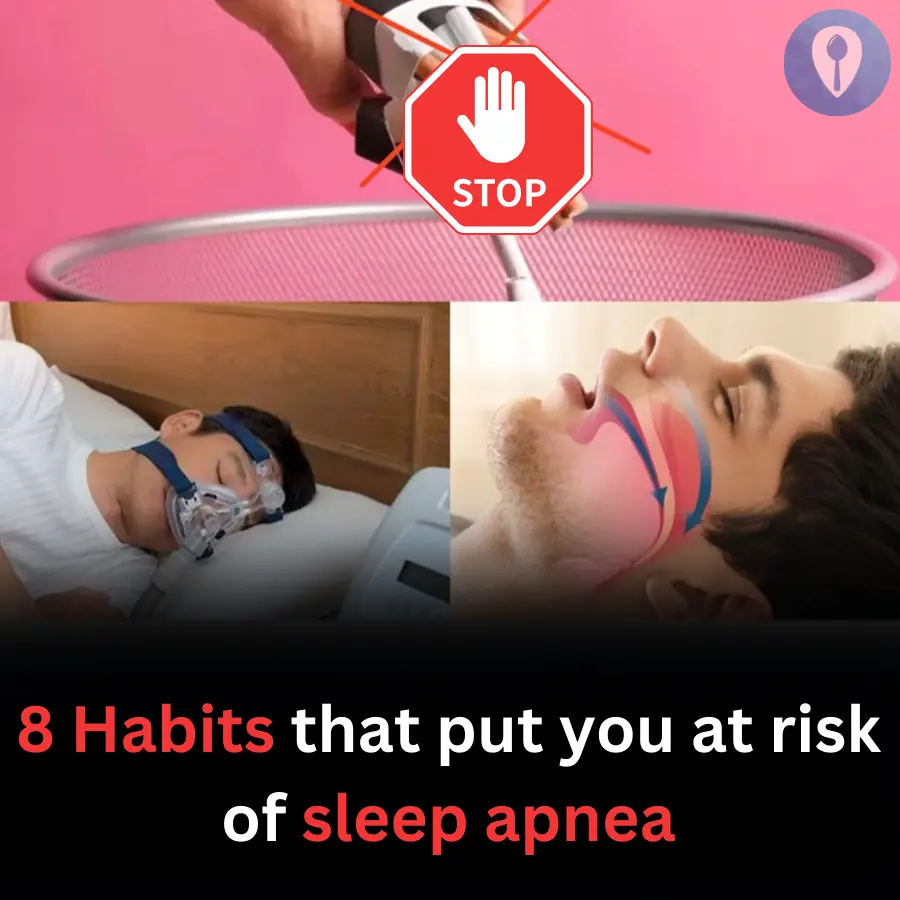
News in the same category


Why you should leave the bathroom light on when staying in a hotel or motel?
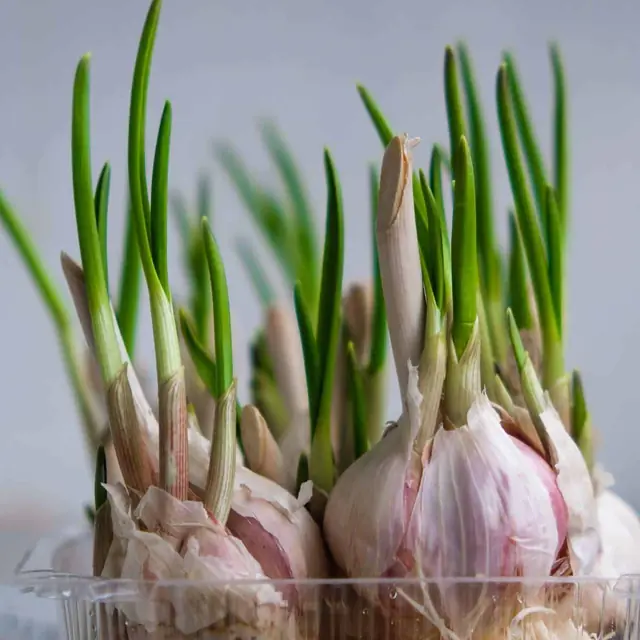
If These 4 Foods at Home Start Sprouting, Don’t Throw Them Away: They’re Not To.xic—They’re Even More Nutritious!

Goodbye fleas, ants, and cockroaches with this home remedy

Try picking a few plants from this list and see what good things come your way!

Clothes come out of the wash wrinkled? Add this cheap item to the washing machine—laundry comes out smooth and fresh

If You See These 3 Signs in a Hotel Room, Check Out Immediately, Experts Warn

This vegetable is not only a familiar spice but also a valuable medicine

4 Types of Drinks You Should NEVER Put in a Thermal Flask

Why do dogs react aggressively to some but stay calm with others? There’s always an explanation

Smart travelers always turn on the bathroom light when staying overnight in a hotel — here’s why
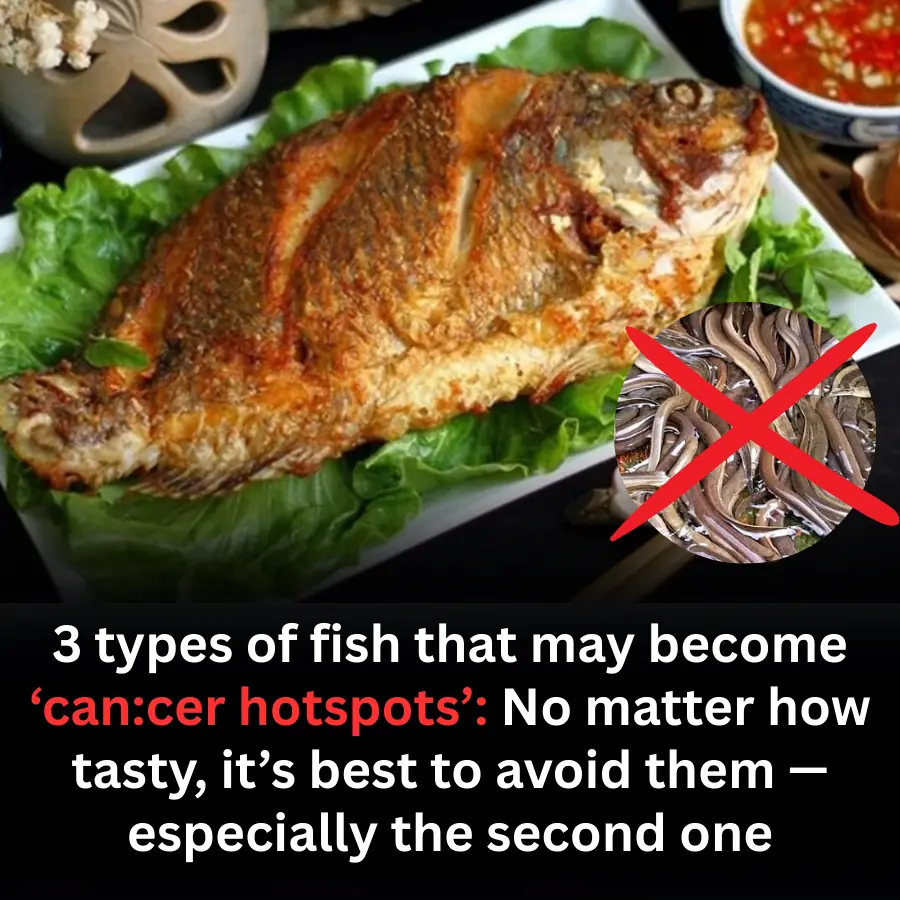
3 types of fish that may become ‘can:cer hotspots’: No matter how tasty, it’s best to avoid them — especially the second one

If your phone shows these signs, you may be under surveillance

Should You Remove the Plastic Cover from a New Mattress?

Garlic Only Ranks 9th — The No.1 Choice Is Surprisingly Affordable

3 types of shirts you should never wear to a funeral

Flight Attendant Reveals the Real Reason Cabin Crew Sit on Their Hands During Takeoff

Should You Wash Meat and Fish Bought from the Supermarket?

If You Don’t Unplug These 5 Electrical Devices at Home, Your Electricity Bill Could Skyrocket!
News Post

Mediterranean Breakfast Plate with Sunny-Side Eggs & Asparagus

Why you shouldn’t build a toilet under the stairs?
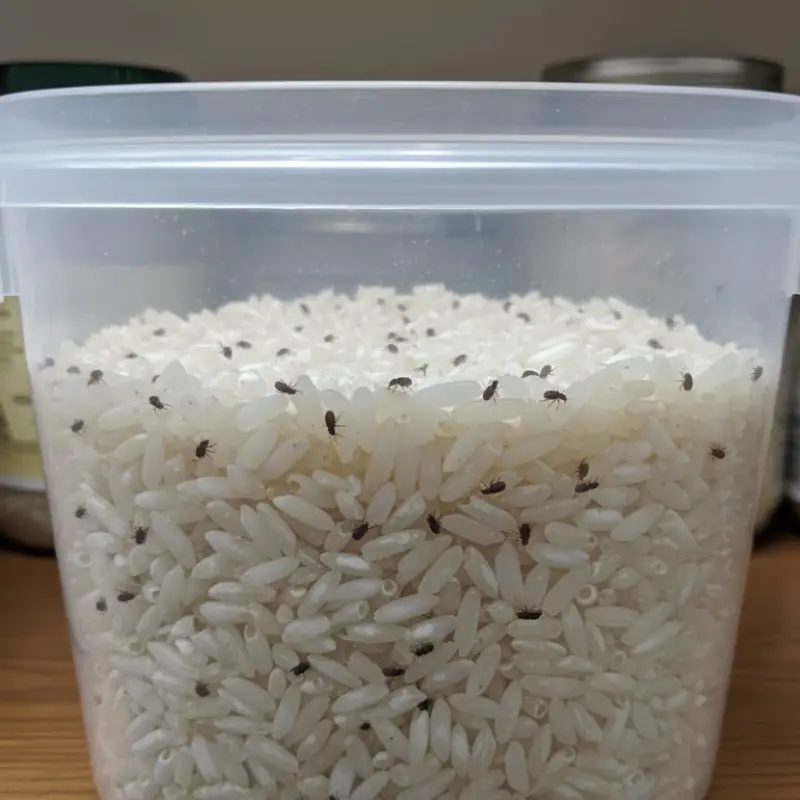
How to store rice to prevent insects and mold: Tips to keep rice fresh and flavorful

Why you should leave the bathroom light on when staying in a hotel or motel?

Eating Leftovers from the Fridge, 50-Year-Old Man Dies: 5 Foods You Should Never Keep Overnight — If Left Over, Throw Them Away

Why placing a roll of toilet paper in the fridge can effectively remove odors?
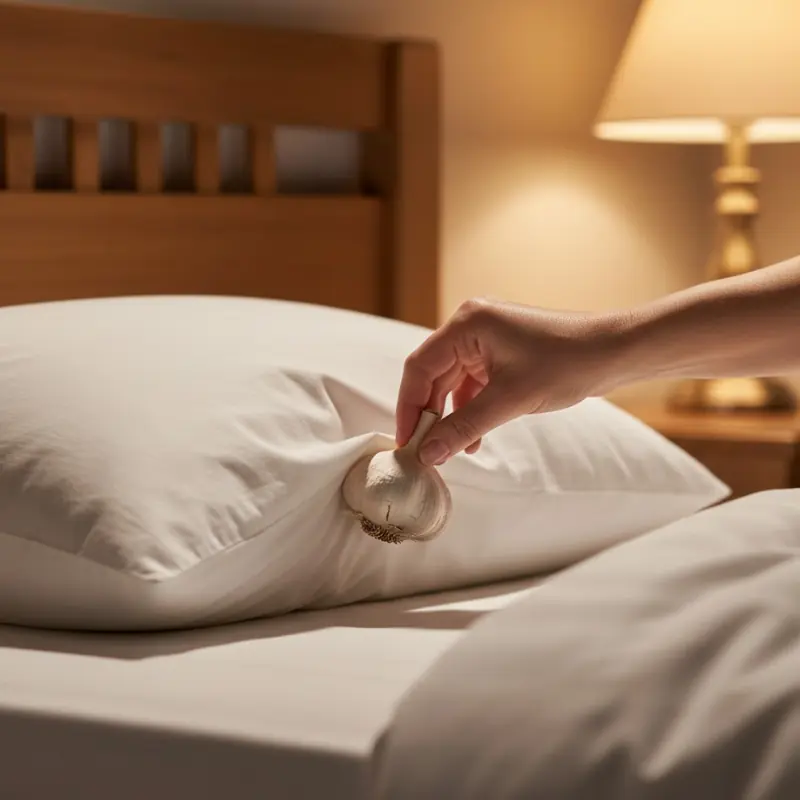
Why Should You Place Garlic by Your Bedside at Night? Everyone Will Want to Try It Immediately
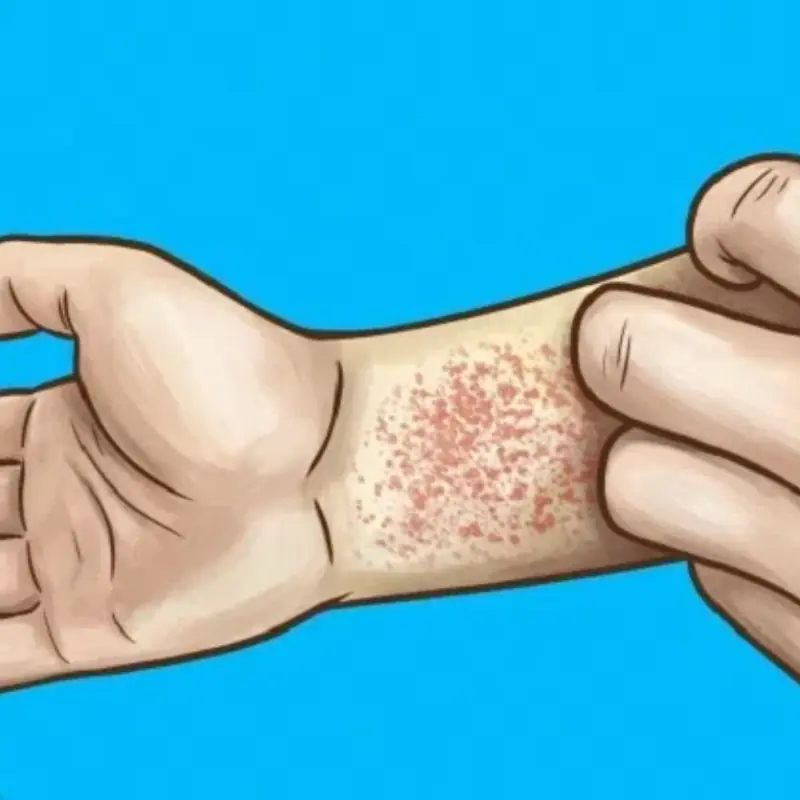
10 Signs That Your Kid.neys Are Weakening and Need Medical Attention
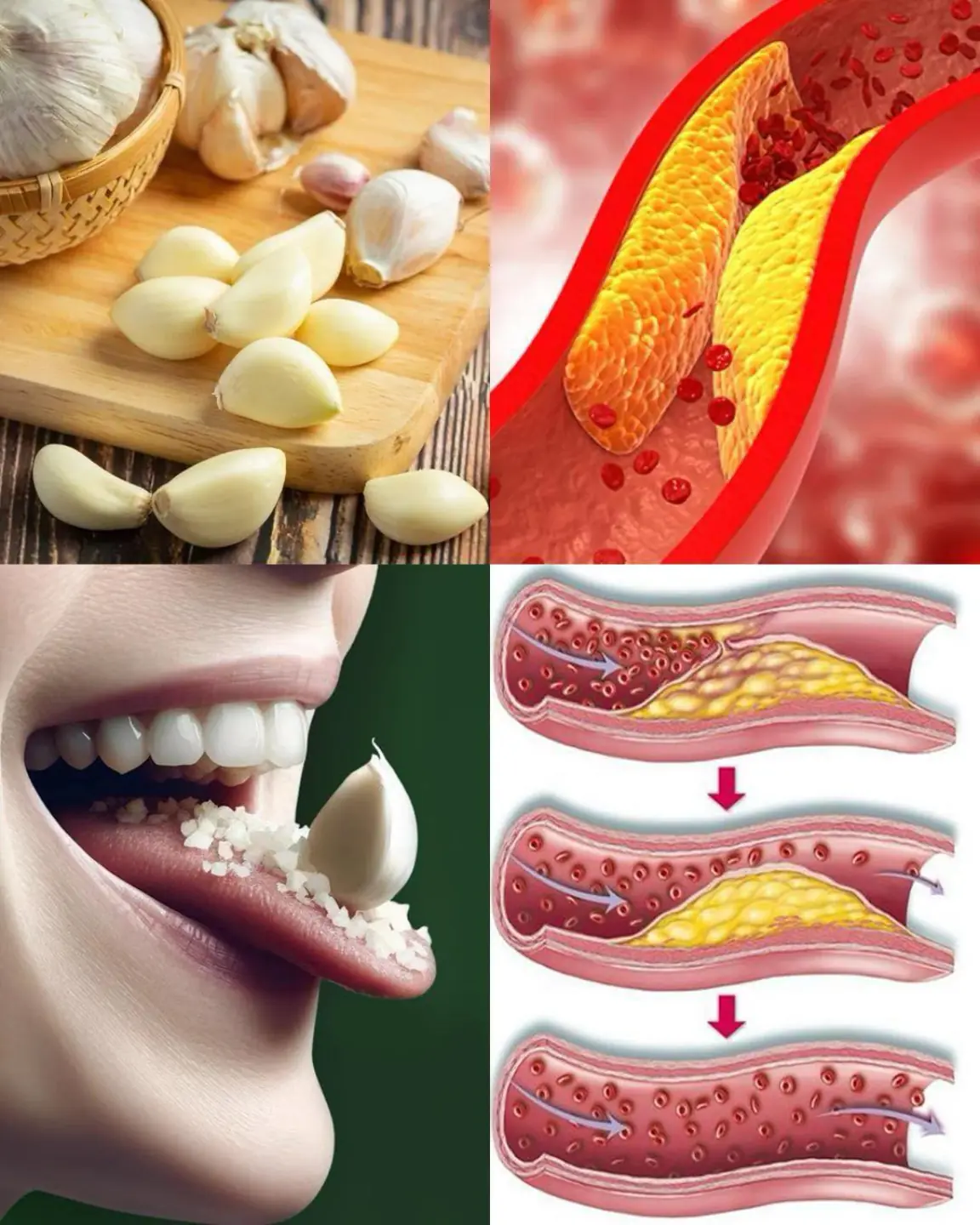
Eating raw garlic every day: A natural way to support cardiovascular health and lower cholesterol

Diagnosed with stomach can.cer at 38, this man sounded the alarm

Strawberry Cream Croissant Dessert

6 plants that snakes are strongly attracted to, and 3 that naturally keep them away
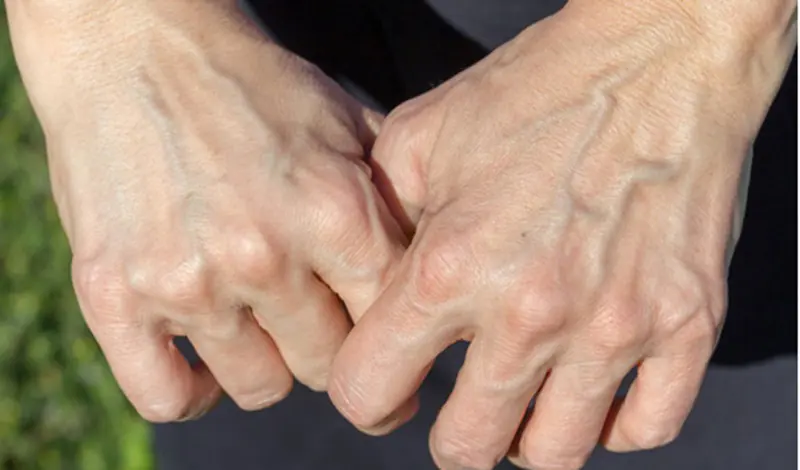
What visible blue ve.ins may reveal about your health - Signs you should not ignore

Sprinkling salt in door cracks: A simple habit with surprising meaning and practical benefits
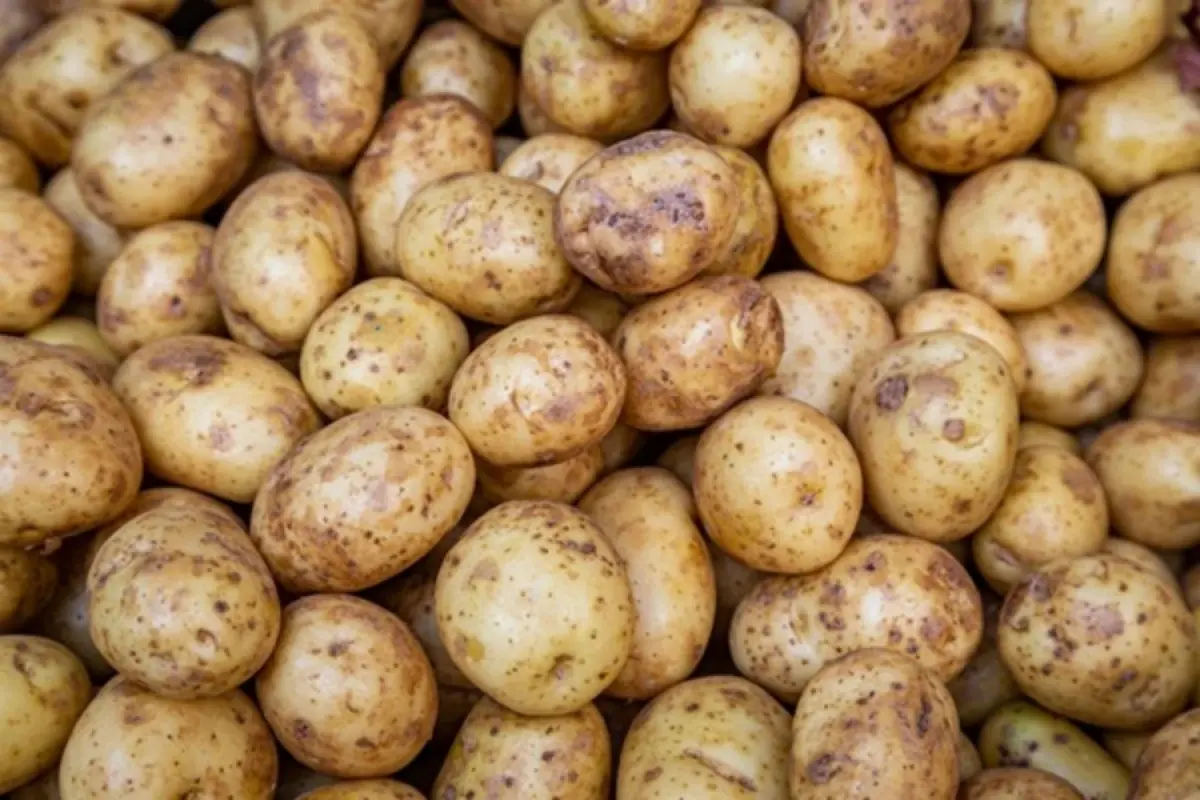
Potatoes are nutritious - But not everyone should eat them frequently
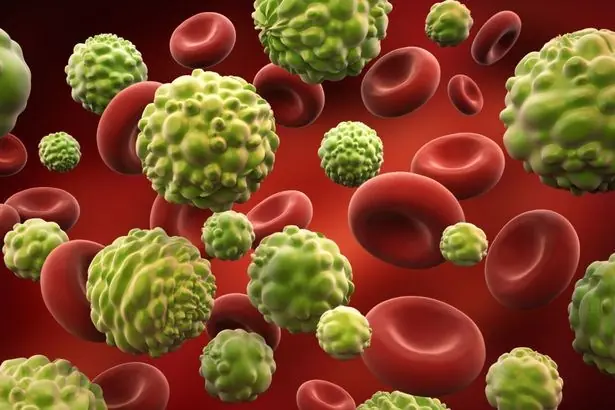
Can.cer often sends quiet signals in the morning - 3 symptoms you should never ignore

If These 4 Foods at Home Start Sprouting, Don’t Throw Them Away: They’re Not To.xic—They’re Even More Nutritious!

Never Smoked but Still Get Lu.ng Can.cer? Doctors Say the Cause Comes from One Thing Almost Everyone Is Exposed To — Especially Asian Women

Can.cer Cells Love These 3 Flavors the Most — Many People Are Shocked to Realize They Eat Them Every Day
